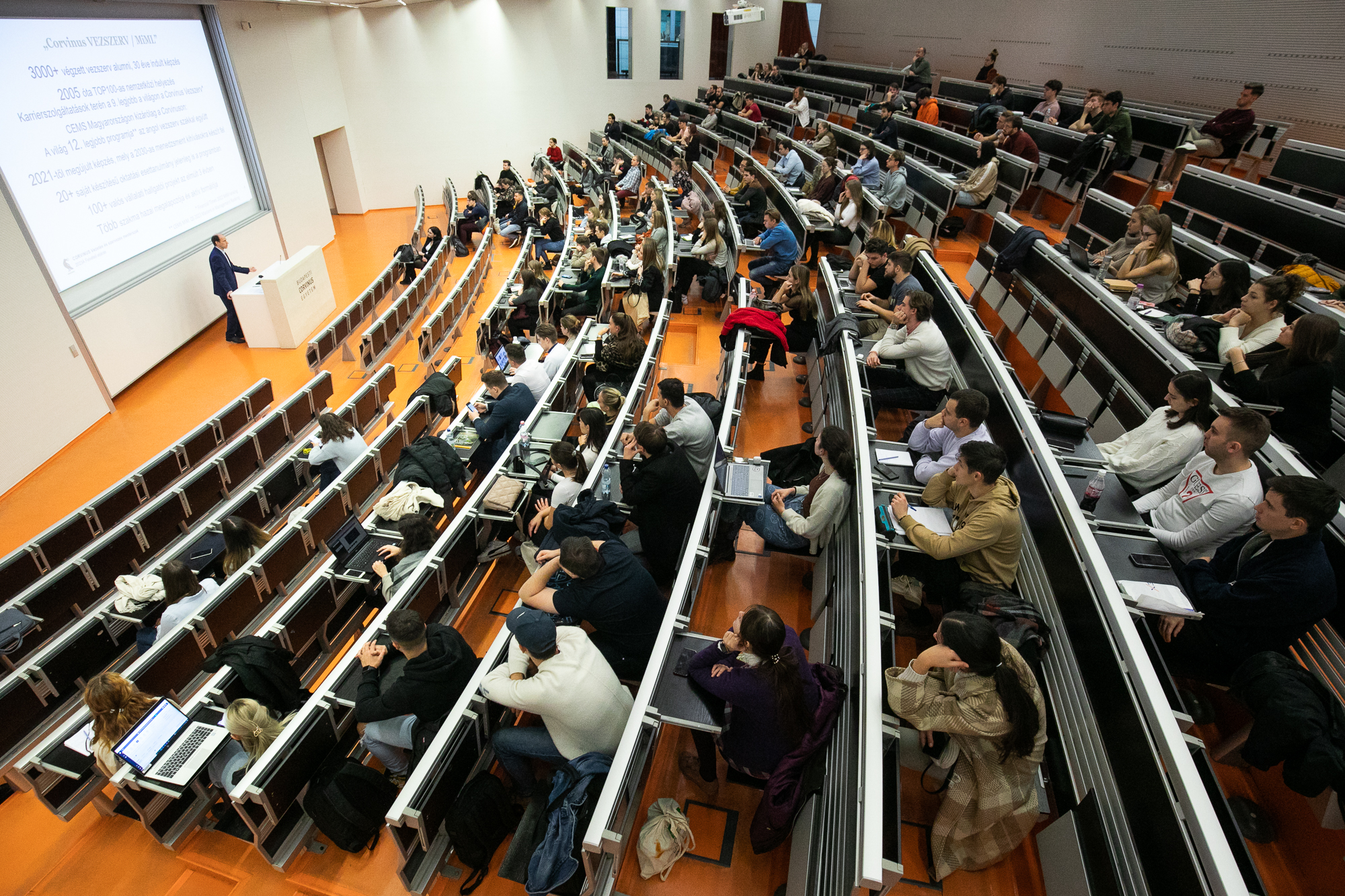
In the meantime, negotiations are continuing in Brussels to give Hungarian students access to Erasmus again.Continue reading

Hungary is waiting for a response and progress update from the European Commission (EC) on its participation in the Erasmus+ program, as the EU measure banning participation runs counter to fundamental European values, the State Secretary for Higher Education, Innovation, Vocational Training, and Adult Education said in Brussels on Monday.
Speaking to Hungarian journalists after a meeting of the EU’s Education, Youth, Culture, and Sport Council, Balázs Hankó noted that no progress has been made so far in lifting the EU measure banning Hungarian participation. As he pointed out,
the Hungarian government sent Brussels a legislative amendment package nearly six months ago in response to the European Commission’s unjustified proposals on the conflict of interest of board members and their two six-year mandates.
The State Secretary added that while the EC talks about the importance of international mobility programs, its discriminatory, double-standard decision deprives 200,000 Hungarian students and some 20,000 Hungarian teachers and researchers of participation in the Erasmus+ program.
Last year in January, the EC announced that Hungarian universities that operate as public trust foundations or are maintained by such foundations will no longer receive grants from the EU-funded Erasmus+ exchange and Horizon Europe research and innovation programs. The universities were targeted by the EU because “their operating model did not ensure the transparent management of EU funds, as neither public procurement nor conflict of interest rules applied to them.” Another problem cited was that in many universities, government politicians were on the board of trustees. Since then, the politicians concerned have resigned from their positions on the boards, but the dispute with the EC has not been resolved.
He recalled that in response to the EU ban, Hungary has launched a program called the Pannonia Program, open to students and researchers from all EU Member States as well as from non-EU countries. “Unlike Brussels, we believe in internationalization and cooperation between universities,” he said.
Commenting on the so-called European degree, recently presented as part of the European higher education package, Hankó noted that while such a degree would provide easier recognition, the proposals on its content and criteria were unclear. He stressed that Hungary believes in university autonomy and says cooperation between universities should be strengthened. However, Hungary does not want Brussels to decide what the content of the European degree should be, what central regulation should be attached to it, and what funding elements should be linked to it.
During its six-month rotating presidency of the Council of the European Union, starting on July 1, Hungary wants to promote a balanced proposal that helps Europe’s competitiveness and keeps higher education under national jurisdiction,
he underlined.
He stressed that Europe will be competitive if universities, vocational training centers, and public education institutions become strategic partners, taking into account the economic needs of the country concerned, as has been the case in recent years with the Hungarian higher education and vocational training model. “EU priorities therefore need a competitive turnaround and strategic cooperation in higher education and vocational training, following the example of the Hungarian models,” he concluded.
Via MTI, Featured image: Facebook/Budapesti Corvinus Egyetem